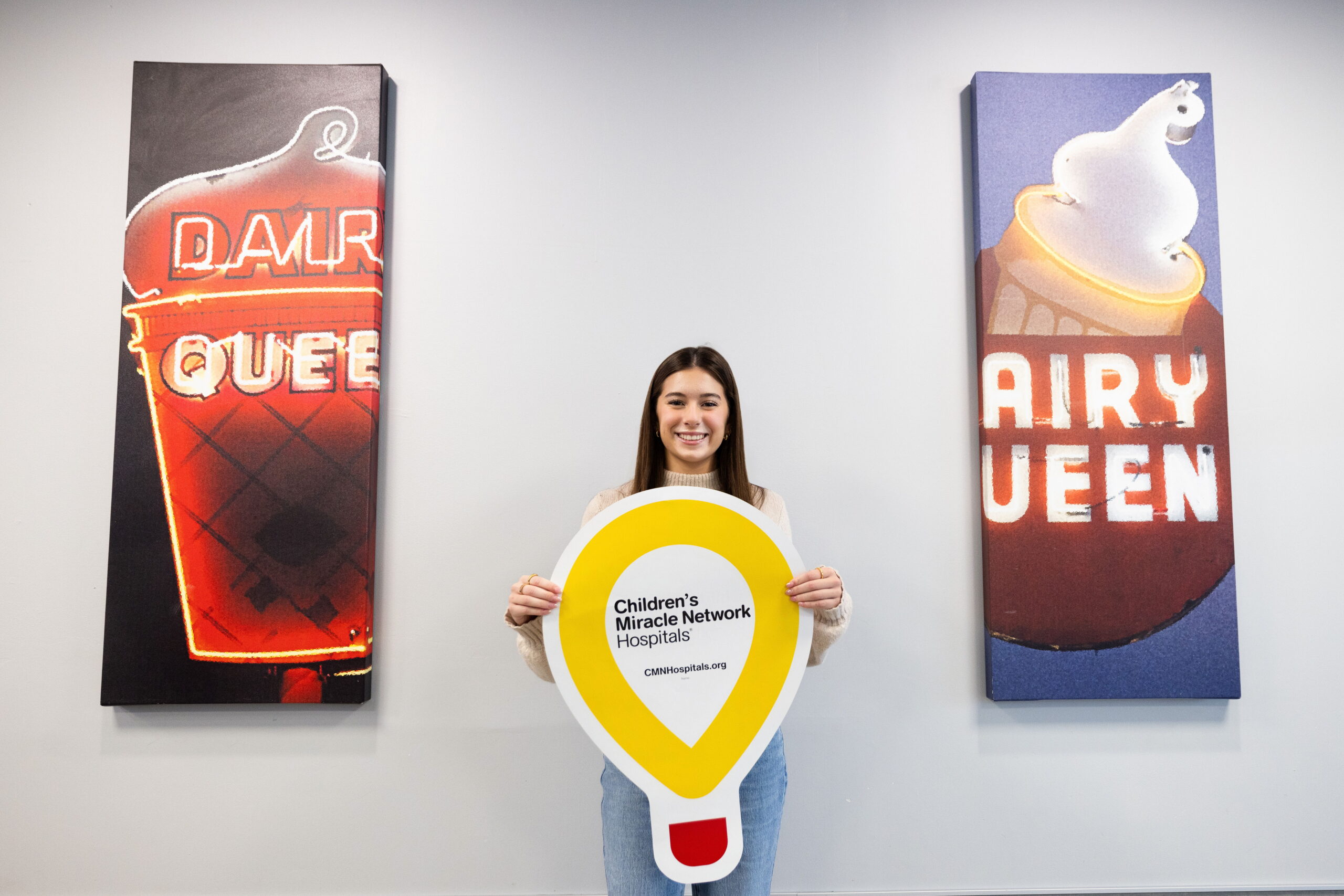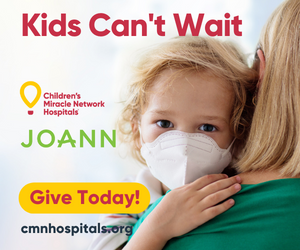Who We Are & What We Do: Inpatient Chronic Illness Management
Inpatient Chronic Illness Management

Children with chronic, life limiting, or life altering diseases may receive Pediatric Palliative Care. With input from the child and family, priorities and goals are set based on intellectual, spiritual, and pyschosocial needs, while medical needs are also being met.
The Chronic Illness Management Program is typically a four week program that follows a transdisciplinary model and behavioral approach to care, that addresses the physical, emotional, and psycho-social needs of each patient. The goal for each adolescent is always to improve self-management of the disease.

The behavioral approach includes:
- Shaping of appropriate behavior
- Reinforcement of positive behaviors
- Direct instruction to develop new skills/knowledge
- Fading of cues and prompts
- Generalization of skills across activities and settings
- Use of visual tools
- Medication education
- Structured nutritional counseling
- Supportive psychological counseling
The treatment environment includes:
- Intensive and varied daily exercise
- Shopping/cooking experiences to promote good nutrition
- Multiple daily therapies/activities
- Outings to promote community integration
- Family education and counseling
- Psychological testing, as indicated, to identify learning issues
At the conclusion of an inpatient stay, our expectation is that each patient is significantly more independent at managing his or her medical condition. A principal goal of the program is to ensure a healthy transition back into the community. This means we help patients work with their outpatient medical treatment team, school, and community-based agencies to ensure success once they return home.
- Diabetes
- Post-organ transplant
- Chronic respiratory disease
- Other chronic medical illnesses considered on an individual basis





